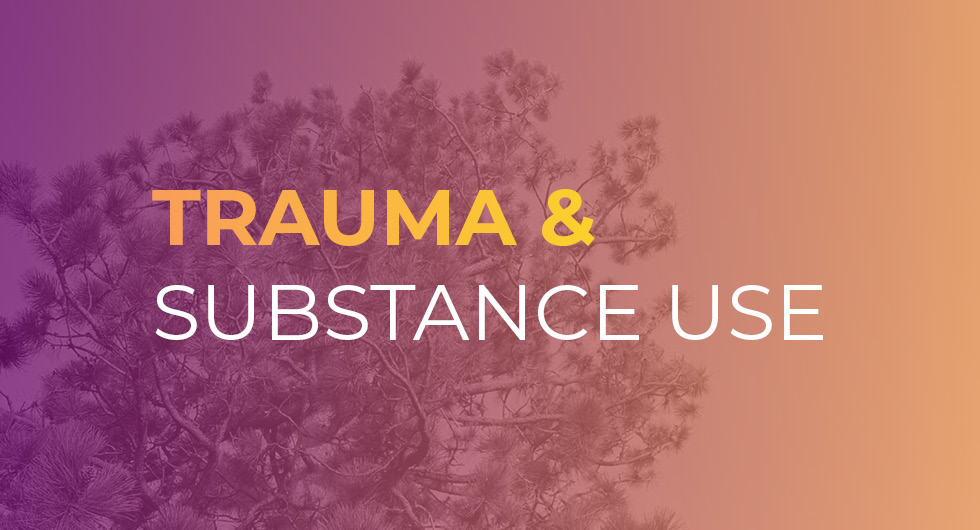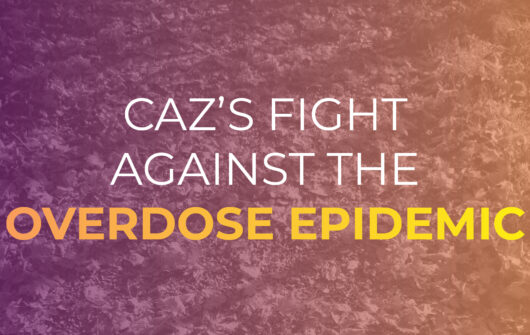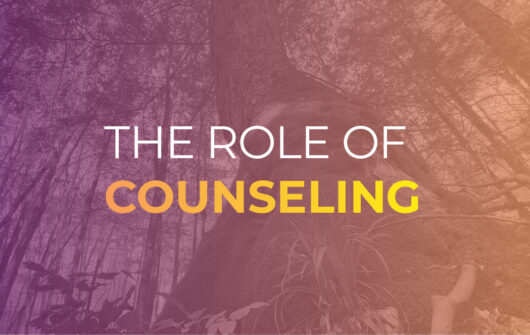Trauma and Substance Use
Posted on: May 4, 2021

If you’ve had any training or education on Trauma-Informed Care, you’ve probably heard of the Adverse Childhood Experiences (ACE) study conducted by Kaiser Permanente and the CDC in the late 1990s. The study looked at the implications of experiencing traumatic events early in life.
It defined ACEs in a few different ways, though they primarily centered around abuse (i.e. emotional, physical, or sexual abuse), neglect (i.e. emotional and physical neglect), and various household challenges (e.g. witnessing domestic violence, mental illness in the household, incarceration or death of a family member, etc.). Participants were asked about their childhood histories in confidential surveys during their annual physicals, and the results were later compiled.
Once the study concluded, it led to a groundbreaking albeit obvious conclusion: there is significant correlation between experiencing ACEs and poor health outcomes and other challenges later in life. For example, the study found that individuals who experienced four or more ACEs were significantly more at risk for substance use, depression, suicide attempts, STDs, involvement in sex trafficking, obesity, and more. The study essentially found that each person’s individual history plays a large part in their health and life outcomes. Consistent exposure to trauma – and thereby high levels of stress hormones – changes the body and brain.
How does this impact the work we do? Many of the people in our programs have likely experienced many ACEs. This is exactly why Trauma-Informed Care prefers asking what happened to someone instead of what’s wrong with them. The people in our programs may be currently experiencing substance use disorders, but these diagnoses likely have roots in childhood events that were challenging and traumatizing for them. Thankfully, healing later in life is possible thanks to the inherent neuroplasticity of the human brain. Interventions like certain counseling methodologies, journaling, mindfulness, and other evidence-based practices can make a major difference for people who have experienced ACEs.
Other Recent Posts
Your donation can save a life!
In the grip of the opioid epidemic, you can make a difference. Any amount helps.





